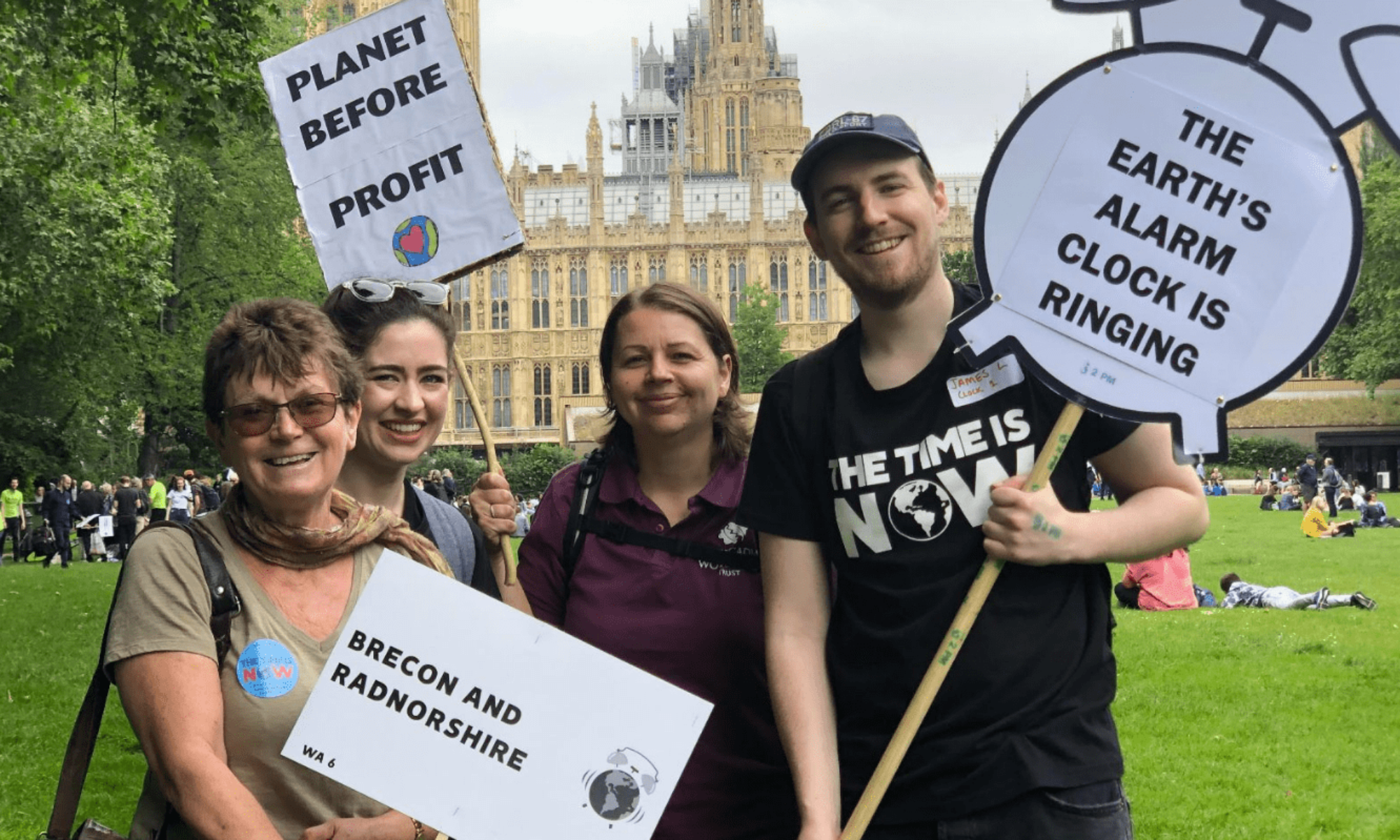
The aircraft heading to invade Iraq in 2003 took off in the early hours of March 20th. I’ll never forget the date – it was my mother’s birthday. Speaking to her that morning, she said it was not going to be a happy birthday.
She knew I’d been arguing for months that invasion would be illegal and do more harm than any possible benefit of ousting Saddam Hussein. (For the full arguments, see my submission to the Chilcot Inquiry and other information in the MP archive here) She’d joined me on the march against the war the previous month. My 13 year-old son protested in Birmingham against the invasion – he was kettled by the police for his trouble.
But no-one put the arguments more powerfully than Robin Cook in his resignation speech on March 17th. As a former Foreign Secretary – also famous for his forensic examination of the Scott Report on the way Britain helped arm Saddam Hussein in the eighties – he was absolutely convincing in his assessment that there were no weapons of mass destruction in Iraq. Saddam Hussein had been at his most powerful when he was seen as the ally of the West, fighting against the common enemy, Iran. The US supplied the aircraft that enabled chemical weapons to kill thousands of Kurds – an act that was used to justify the invasion many years later!
There were many of us on the Labour benches who had taken the trouble to examine the evidence. I had been particularly troubled by the claim of a link between Saddam Hussein and 9/11, which was plainly ludicrous, but repeated in Blair’s response to my intervention in the debate to authorise war. By the time it came to votes – first an amendment to the Government motion for war, calling for more time for the weapons inspectors to do their job – the Government arguments for invasion, in what became known as the “dodgy dossier”, looked decidedly thin.
Hans Blix, chief weapons inspector, was clear that they could complete their job of checking Iraqi compliance with UN resolutions if given enough time – months, not years. Nevertheless, British participation in the invasion came about because so many of my parliamentary colleagues had managed to convince themselves that it was justified.
In the end, 84 Labour MPs followed their consciences and voted against the war. 69 abstained. Blair only won a majority with the support of 146 Tory MPs. It’s also important to record that two other Government ministers resigned, John Denham and (Lord) Phil Hunt.
Many Labour MPs who voted for war, despite their misgivings, later expressed their resentment. To understand why MPs are so capable of going along with things they know are wrong, we need to understand what motivates those in power and how their strings are being pulled. Most MPs enter Parliament because they want to make a positive difference but our ‘winner takes all system’ gives enormous power of patronage to the Prime Minister, who, in turn, knows they achieve power through the approval of ex-pat billionaires in control of mainstream media.
One tactic used by Blair was to threaten to resign if he didn’t get his way. From conversations in the corridors, I know this had an effect. Clare Short had threatened to resign but was persuaded to support the war because, like many others, she was taken in by the deliberate twisting of the French President’s words on why he would not support invasion “at this moment”. I raised this in the debate but no-one wanted to hear the truth.
Clare cited this misinformation as a reason for her later resignation from the Government. Like so many others, she didn’t find time before the vote to read accurate reports readily available to the inquiring mind. It’s not impossible that the resignation of two cabinet ministers – Short as well as Cook, might have prevented British collusion with the US. We know that Bush, in the absence of a UN mandate, wanted cover from Blair.
Within 48 hours of the debate, the bombers were flying over Iraq.
Shortly before his untimely death, and in the aftermath of the 2005 London bombings, Robin Cook wrote: “There may be room for debate over whether there is a connection between the war in Iraq and the bombings but there is no escaping from the hard truth that the chaos in that country is a direct threat of the decision to invade it, taken in defiance of intelligence warning that it would heighten the terrorist threat.”
In the last few days, Vladimir Putin has, quite rightly been indicted for war crimes. Yet those responsible for the Iraq invasion and its terrible consequences, above all for the Iraqi people, are regularly wheeled out to pontificate on the parlous state of the world that their misjudgments helped create.



